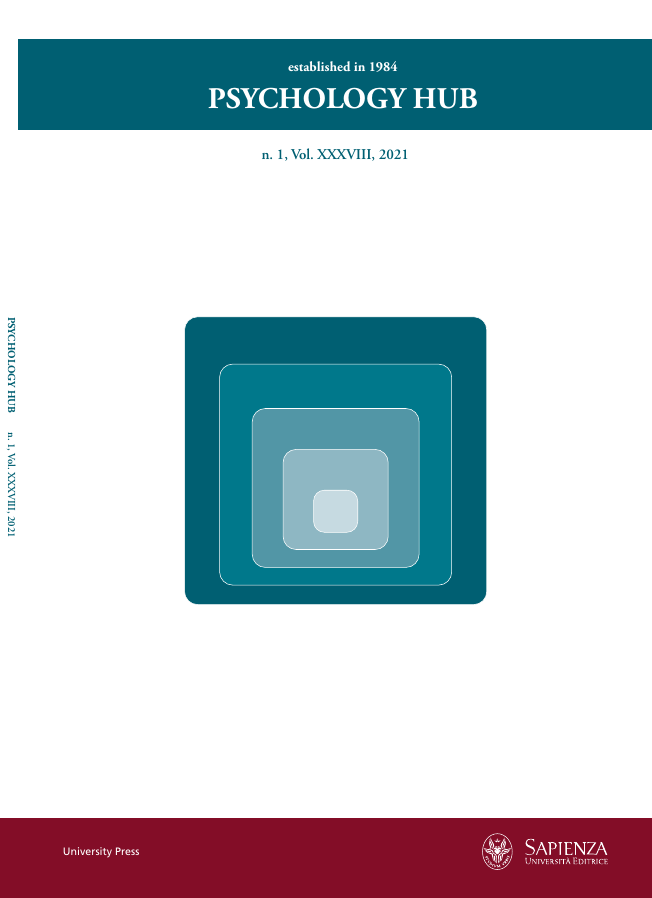The Dissociation between Cognitive and Emotional Prejudiced Responses to Deterrents
DOI:
https://doi.org/10.13133/2724-2943/17436Keywords:
deterrence, emotional intensity, cognitive vs. emotional prejudice, intensity of motivation, paradoxical affect, emotional and adaptationAbstract
This article reports empirical findings on the strength and dissociation of experimentally induced cognitive vs. emotional responses to instigators of prejudice towards people affected by mental illness. Drawing on emotional intensity theory (EIT: Brehm, 1999), the experiment (N = 80) shows how growing and apparently reassuring reasons (i.e., the deterrents) for not being prejudiced towards ‘the mentally ill’ differentially affect the intensity of cognitive vs. emotional prejudiced responses. Such reassuring information was conveyed to participants as the increasing likelihood that ordinary people typically recover, if affected, from mental illness (likelihood not mentioned, low [5%], moderate [50%], high [70%]). Whereas the intensity of cognitive responses tended to diminish linearly with growing reasons for not being prejudiced (η2 = .06), the intensity of emotional responses followed closely EIT’s predictions, and varied as a cubic function of deterrence information (η2 = .61), that is, of information ironically intended to reassure participants. These findings substantiate EIT in two important respects. For one, they consistently reveal, and nicely conceptually replicate, EIT’s predicted cubic pattern of paradoxical results for emotional responses with respect to prejudiced affect. Most importantly, however, they also illustrate—theoretically and empirically—the expected dissociation between emotional and cognitive responses to deterrents. In our view, such a dynamic separation and convergence of cognitive and affective components of prejudice has the full potential to inspire new theoretical insight and understanding, theory-based research, and the development of evidence-based intervention practices.Published
2021-03-30
How to Cite
Pantaleo, G., & Contu, F. (2021). The Dissociation between Cognitive and Emotional Prejudiced Responses to Deterrents. Psychology Hub, 38(1), 39–50. https://doi.org/10.13133/2724-2943/17436
Issue
Section
Original Article
License
Copyright (c) 2021 Psychology Hub

This work is licensed under a Creative Commons Attribution-NonCommercial-ShareAlike 4.0 International License.





